What would be the impact on the markets if the artificial intelligence bubble burst?
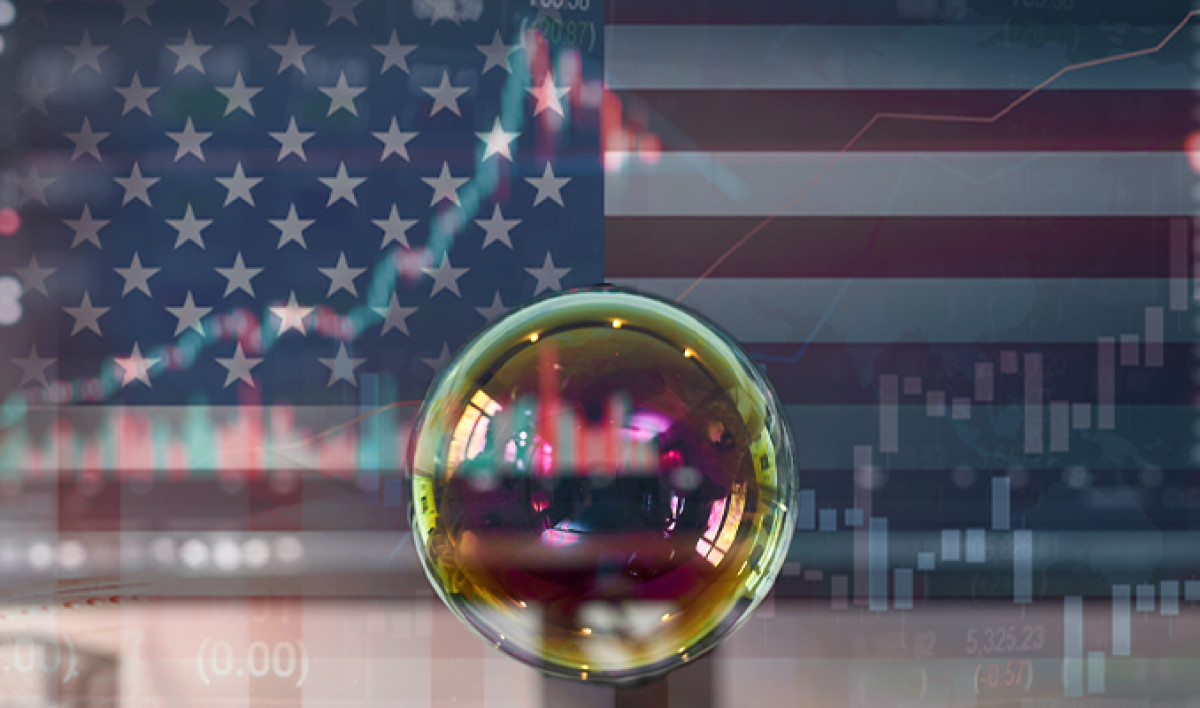
Introduction: Artificial Intelligence and Market Bubbles
Global economic institutions are carefully monitoring growing concerns related to artificial intelligence (AI) stocks. Investors are warning about the risk of a potential collapse in the stock market due to the overvaluation in the AI sector.
Growing Concerns
Key financial players, such as the Bank of England (BOE) and the International Monetary Fund (IMF), are sounding alarms that the excessive demand for AI stocks could create a significant bubble in the markets. For example, Jamie Dimon, CEO of JPMorgan Chase, expressed the likelihood of a serious market correction in the next six months to two years.
Past Bubble Examples
History is filled with striking examples of how bubbles have impacted markets. Notably, the dot-com bubble that burst in 2000 led to the bankruptcy of many tech companies. There are concerns that a similar situation could occur today with AI stocks.
Market Concentration and Risks
AI stocks constitute approximately 20% of the total market capitalization of America's five largest companies (Nvidia, Microsoft, Apple, Alphabet, Amazon), thus increasing market concentration from 12% to 20%. This situation recalls the dangers posed by past bubble bursts.
Valuation Issues
The S&P 500 index is currently trading at a price-to-earnings ratio of 23 times future earnings; this ratio corresponds to about 14 levels in the UK's FTSE 100 index. The CAPE ratio developed by Robert Shiller has surpassed 40% for the S&P 500, marking a historically significant threshold.
What Happens If the Bubble Bursts?
The moment a bubble bursts is often understood in hindsight. Declines are usually characterized by sudden and deep losses. Historically, major collapses have accompanied difficult processes that require years to recover losses. Diversifying investment portfolios and avoiding overvalued stocks are recommended strategies.
Conclusion
The rapid rise in AI markets carries serious risks. Investors should take cautious steps to learn from past mistakes. This requires balancing the reality that the future of artificial intelligence could be bright.
```Benzer Haberler
.png)
Yakında Tüm Platformlarda
Sizlere kesintisiz haber ve analizi en hızlı şekilde ulaştırmak için. Yakında tüm platformlarda...
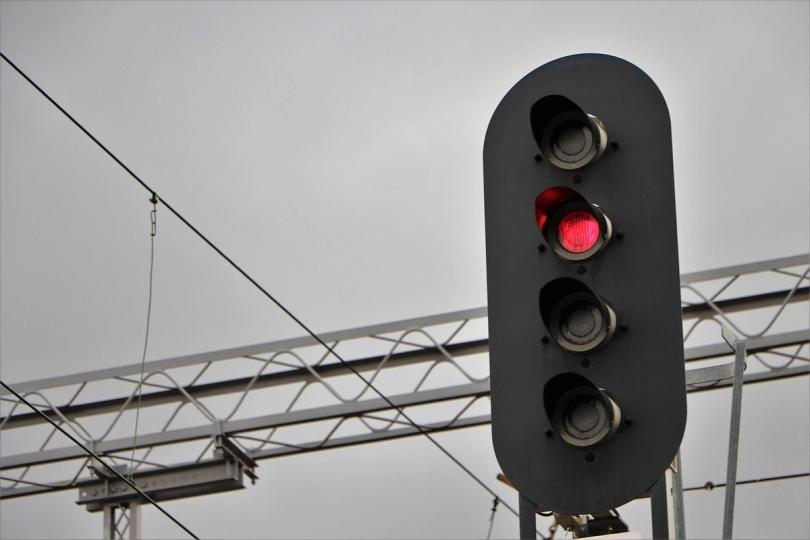
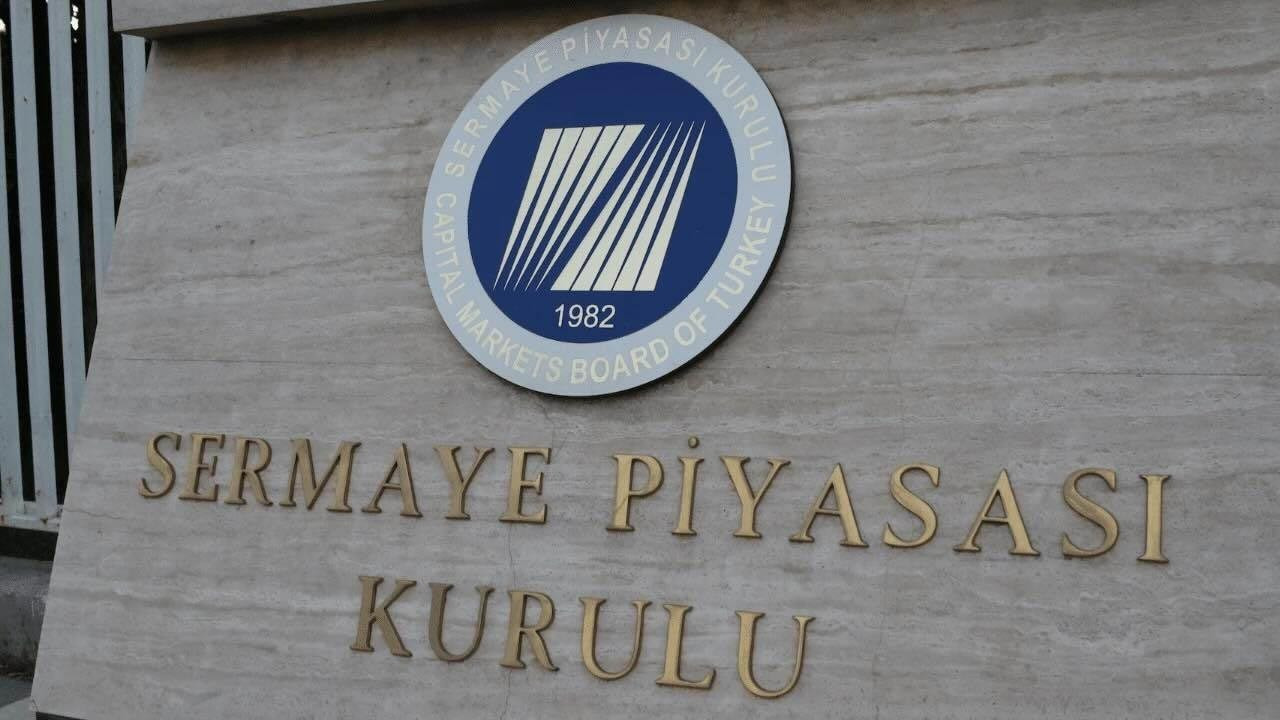
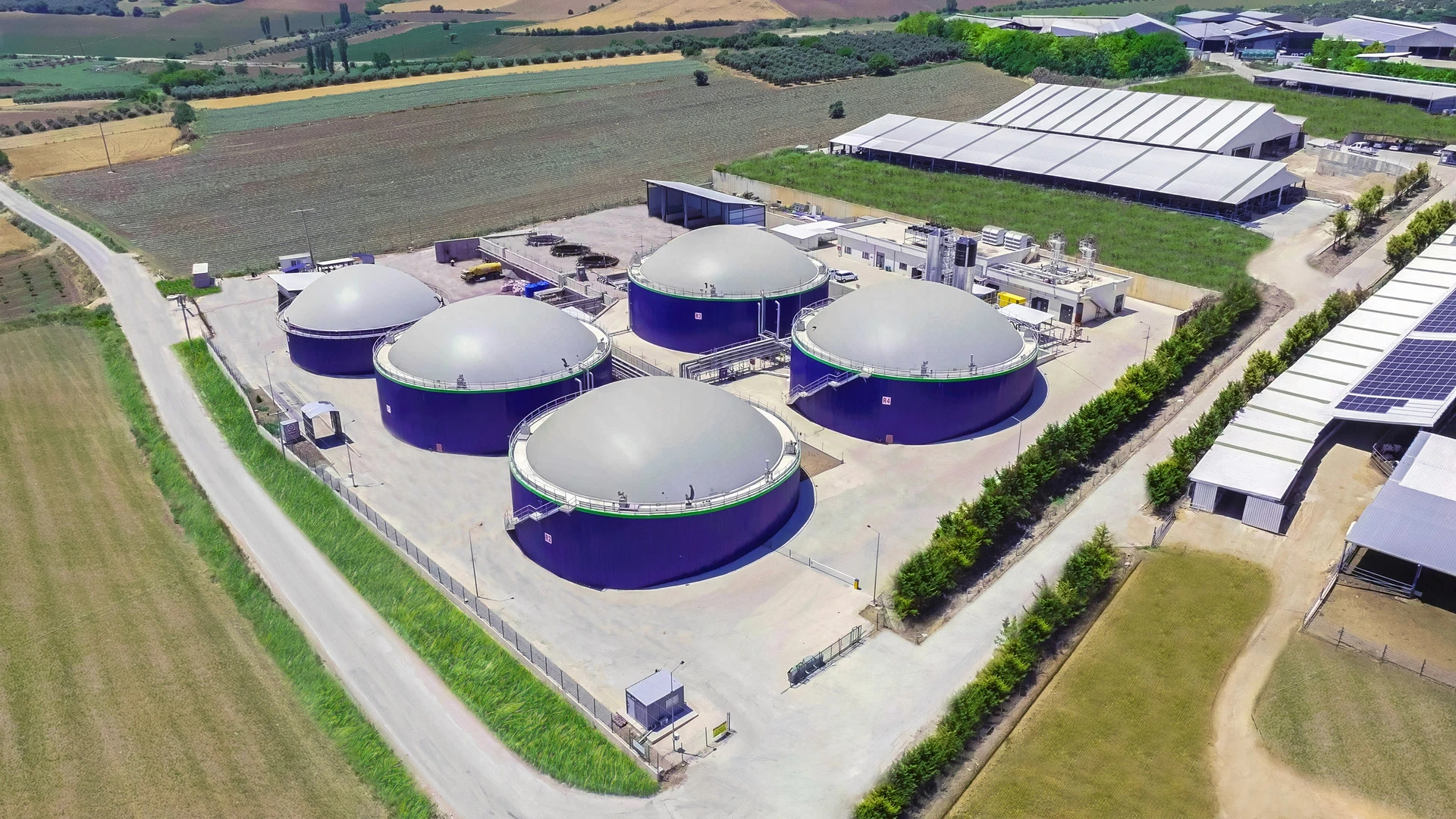
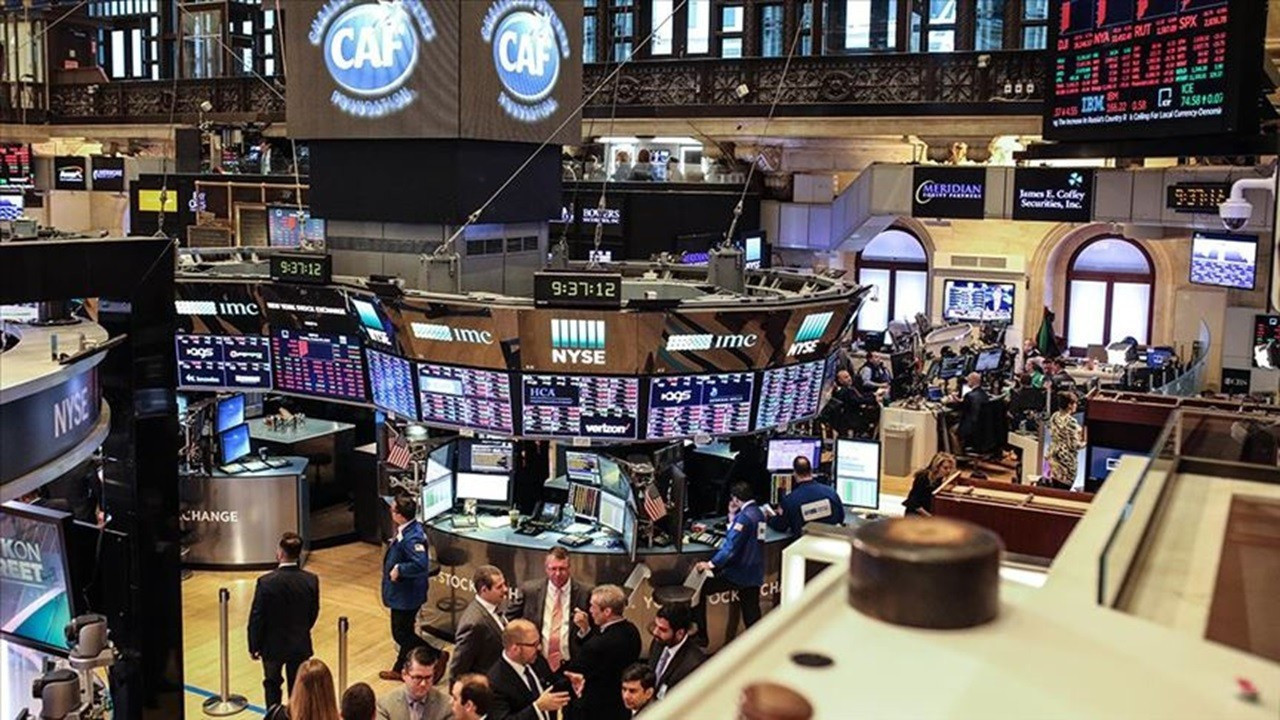



.png)